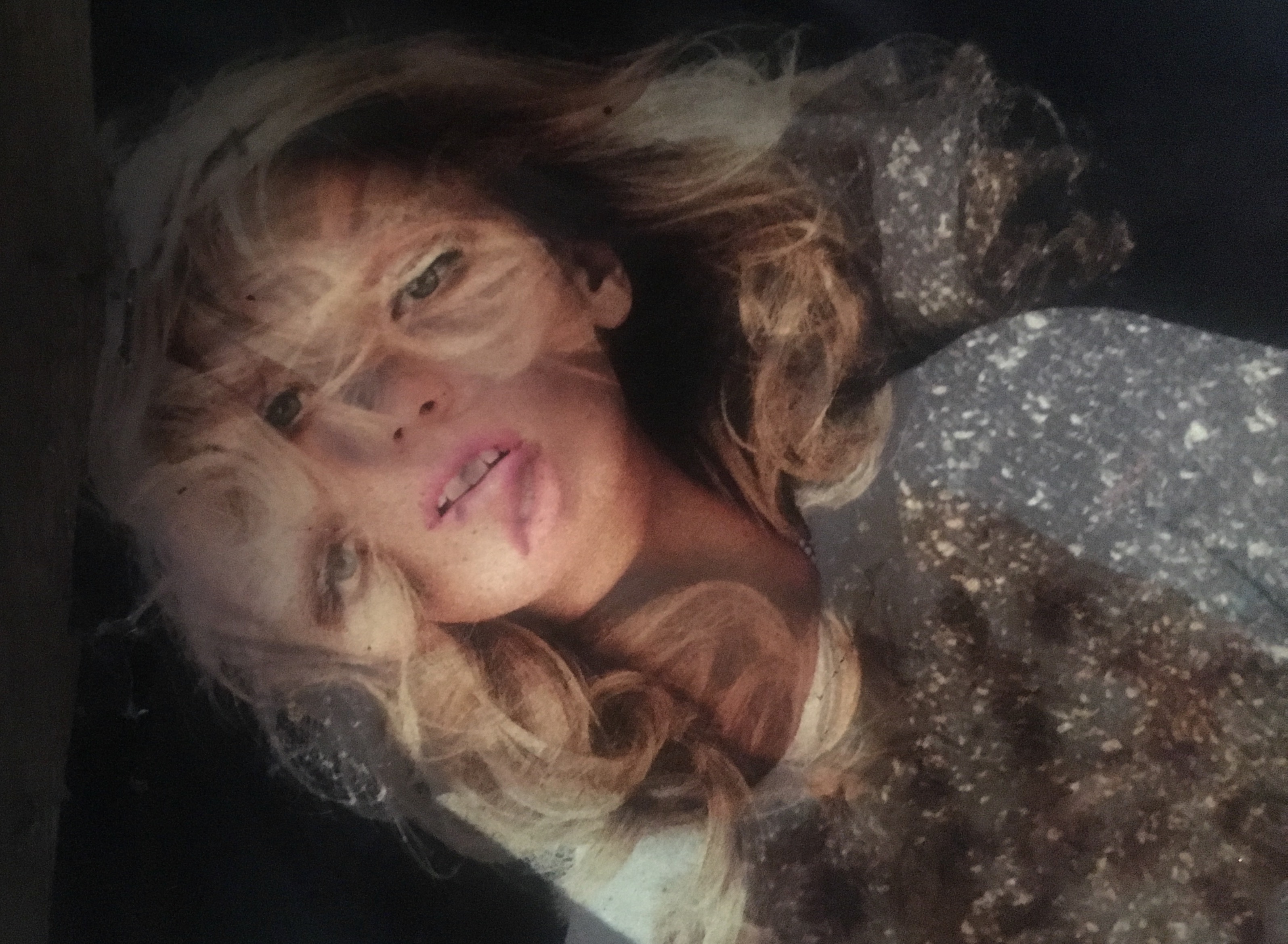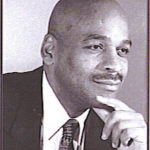1) Your true writer’s voice is rarely an expression of intention
When I was 21 I wanted to write like Kafka. But, unfortunately for me, I wrote like a script editor for The Simpsons who’d briefly joined a religious cult and then discovered Foucault.
–Zadie Smith, “This is how it feels to me,” The Guardian, October 13, 2001
2) Voice is the sense that the writer is speaking directly to the reader
Voice is the sum of all the strategies used by the author to create the illusion that the writer is speaking directly to the reader from the page.
–Don Fry, Writing Tools (2006)
3) You find your voice by releasing into your work what you have inside
I think “finding your voice” is a false concept. It leads you to believe that it’s out there somewhere, like it’s behind the sofa cushions. I think your voice is always inside of you, and you find it by releasing things into your work that you have inside. I grew by allowing aspects of myself that I had previously excluded into the poetry. I think all poets—younger poets particularly—have a private sense of decorum, meaning they feel there are certain things they should write about and other things they shouldn’t. I don’t even think this is conscious in most cases, but like other young poets I would put on my poetry goggles when I wrote and I would see only these so-called poetic things I should write about, and the rest of my life was very disconnected from that. There was, for instance, no humor. I thought poetry should be humorless. The romantic poets drove sex and humor out of poetry. If you look before 1798 you find plenty of sex and humor. Just look at “The Rape of the Lock,” or Chaucer, for that matter. They don’t call Shakespeare’s comedies comedies for nothing. But Wordsworth and Coleridge drove those two things out of poetry—humor was consigned to the subcategory of light verse. I don’t know what happened to the sex. It’s back now.
–Billy Collins, Paris Review interview
4) Again, your true writer’s voice is rarely an expression of intention
When John Green was not accepted into the advanced creative-writing course at Kenyon, “it was crushing,” he recalled. “Kluge took me to his house and poured me a drink and said, ‘I think you should have gotten into the class. But your writing isn’t that great.’ I think he called it a ‘solid B-plus.’ But, he said, ‘the stories that you tell during the smoke break—if you could write the way you told those stories, then you would write well.’
–Margaret Talbot, “The Teen Whisperer,” The New Yorker, June 9, 2014
5) If in doubt, write in the voice of the speech you knew as a child
Write in your own voice. This sounds simple, but it really is hard. Many of us have been trained to write in the style of l9th century English gentlemen. And our minds are clogged with the clichés, idioms and rhythms of other people. Kurt Vonnegut says that the writing style natural to you will almost always be the speech you heard as a child. He grew up in Indiana, where, he says, “common speech sounds like a band saw cutting galvanized tin.” He wrote: “I myself find I trust my own writing most and other people seem to trust it most, when I sound most like a person from Indianapolis, which is what I am.”
–John Leo, “On Good Writing” (2006)





